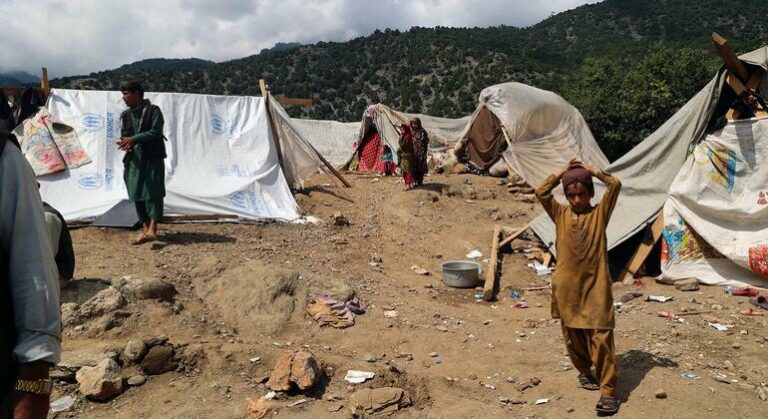
After the overwhelming success of HBO’s “The Last of Us” Season 1, fans eagerly awaited news of a second season. However, the recent announcement that Season 2 will not debut until 2025 has raised eyebrows and ignited a debate about the complexities surrounding production delays in the entertainment industry.
The Reasons Behind the Delay
Production delays are not uncommon in the film and television industry. However, the extended wait for “The Last of Us” Season 2 has been attributed to several factors:
- Pandemic-Related Disruptions: The ongoing COVID-19 pandemic has had a ripple effect on production schedules, leading to delays in filming and post-production processes.
- Scheduling Conflicts: The show’s cast, including Pedro Pascal and Bella Ramsey, is in high demand, which has contributed to scheduling difficulties.
- Extensive Post-Production: The series’ cinematic quality and attention to detail require a significant amount of post-production work, including visual effects, editing, and sound mixing.
- Creative Vision: The showrunners, Craig Mazin and Neil Druckmann, are committed to delivering a high-quality product that aligns with their creative vision, which may take additional time.
Perspectives on the Delay
The news of the delay has garnered mixed reactions from fans and critics:
Positive Perspectives
- Higher Production Values: Some fans argue that the delay will allow the showrunners ample time to refine the production and deliver an even more polished and immersive experience.
- Increased Anticipation: The extended wait can heighten anticipation and build excitement for the second season.
Negative Perspectives
- Frustration and Disappointment: Many fans are disappointed and frustrated by the long wait, fearing it may dampen their enthusiasm for the show.
- Concerns about Continuity: A three-year gap between seasons could potentially affect the continuity and flow of the narrative.
Critical Analysis
The production delays surrounding “The Last of Us” Season 2 highlight the challenges and complexities of modern entertainment production:
- The Importance of Planning: Thorough planning and flexible scheduling are crucial to mitigate production delays.
- Balancing Quality and Timeliness: Creators must strike a balance between delivering high-quality content and meeting production deadlines.
- The Role of Modern Technology: Advancements in technology, such as virtual production and remote collaboration tools, can help streamline production processes, but they also come with their own challenges.
- The Influence of Fan Expectations: The intense scrutiny and expectations of fans can put pressure on production teams to deliver on time, even if it compromises quality.
Conclusion
The delay of “The Last of Us” Season 2 serves as a reminder that producing high-quality entertainment is not always a straightforward or timely process. While the extended wait may be disappointing for fans, it also presents an opportunity for the showrunners to refine their creative vision and deliver an even more captivating season.
The complexities surrounding production delays underscore the importance of patience, collaboration, and a commitment to delivering content that meets the expectations of both creators and audiences.
Ultimately, the true impact of the delay will be determined by the quality of Season 2. If the showrunners can leverage the additional time to create a season that surpasses the high standards set by Season 1, the wait may ultimately be well worth it.


